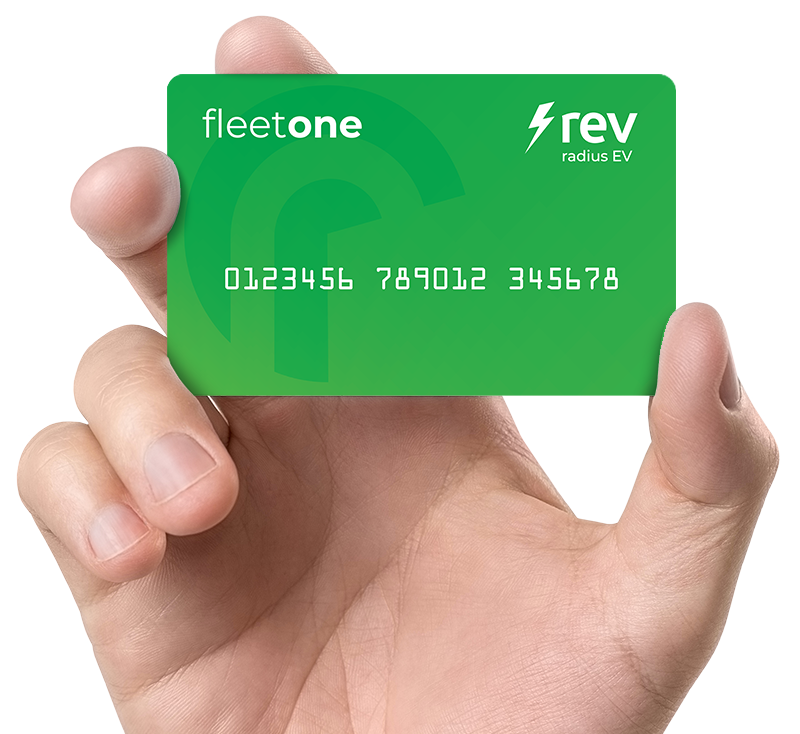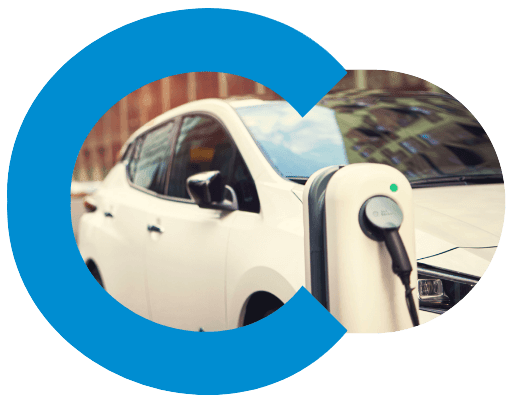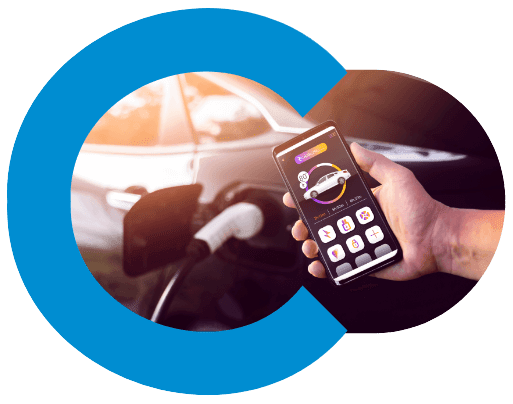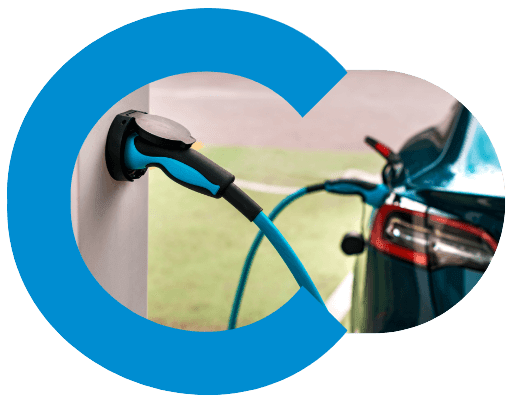
Compare Business EV Charge Cards

Charge on the road with an EV charge card

For long journeys and the occasional emergency, at some point, if you drive an electric vehicle (EV), you’ll need to use en-route charging.
While home and workplace charging are the preferred options for businesses for both economic and convenience reasons, you can’t take those locations with you. It makes sense to look at business charge points first, but you need a backup plan.
This is where commercial charge points come in. Accessing public charge points isn’t as straightforward as filling a tank of petrol, so the best way to get the most from this method is to utilise an EV charge card.
Our purpose is to save you time and money. We are experts at scouring the market, sourcing the best deals and passing them on to you.
EV charge card features

Like fuel cards, a good EV charging card will give you loads of added extra features beyond simply accessing charging points across the UK. Many come with apps and software solutions that enable you to analyse the charging your fleet undertakes, a handy feature for EV fleet managers.
The same apps will often also help you plan your journeys out effectively to take charging into consideration, which means you’ll know at what point to stop off to make sure you don’t run out of range.
Why do I need an EV charge card?

Unlike petrol stations, most EV charge points aren’t simply a case of turn up and plug in. You will need to find a charge point compatible with your EV, and almost all of them require an app to use. You can then use the app to pay or do so via contactless or a radio frequency identification (RFID) card.
An EV charging card will also enable you to access charge points from different providers within their charging network, which means one card rather than multiple apps. And you can combine standard fuel purchases too, making them essentially an electric fuel card. If you have a mixed fleet or hybrid vehicles within your business, you again won’t need to faff with an array of cards or apps.
How iCompario works
Complete a 30 second form
We'll ask some questions about where and how often you need to use the cards, so we get an idea of your needs.
We filter the offers
We'll then scour through a range of EV charging card providers to find the best deal for your circumstances.
Start charging your EVs
We'll match you with the perfect provider, so your business premises has the best EV charging solution for you to start benefitting from charging on-site.
Frequently Asked Questions
Not quite, but it is similar. EV charge cards work in the same way as a fuel card as you use them to pay for your charging instead of cash or a bank card. It’s worth noting that you can use some EV charge cards to pay for your fuel, with invoicing coming all through one account.
Public charging points are self-service charging points that you can access to charge your electric car. You access them through electronic recognition, which can come in the shape of an app or an RFID card, before they allow you to plug your EV in for charging. None accept cash, although some will allow you to pay via contactless.
This depends entirely on the charging point in question. Like petrol stations, charge points usually become more expensive at demand locations such as motorway service stations. Rapid chargers on motorways can cost anywhere up to £7 for a 30-minute charge, usually enough to drive 90 miles.
Another reason motorway points are more expensive is that they are fast or rapid chargers, which means they deliver more charge in a shorter space of time. These charge points are more expensive, even in standard locations.
The bigger the battery, then the longer your charging sessions will be. There are also several types of charge points that charge at differing speeds, ultra rapid being the quickest, followed by rapid, fast and then slow.
Connectivity will also play a part, as there are three main connection cable types. These are the standard 3-pin socket which takes the longest amount of time to charge, the 7-pin Type 2 cable and the Combined Charging System (CCS) socket, which adds two pins to the Type 2 cable.
There are three standard types of EV charging: rapid, fast and slow. As the names suggest, the station name indicates how quickly they charge, with rapid the quickest, followed by fast and then slow.
The faster stations usually use the more efficient cables, so it’s worth checking if your EV is compatible with the specific charge point. Usually, your charge card app will allow you to do this.
This seems like a simple question, but the answer is a little bit complex. In total there are over 50,000 EV connectors in the UK, but these are connected to 30,000 devices across just shy of 20,000 locations.
These figures are correct at the time of writing, but the numbers are constantly increasing with more charging options frequently opening across the UK. You can see regularly updated figures at Zap.
